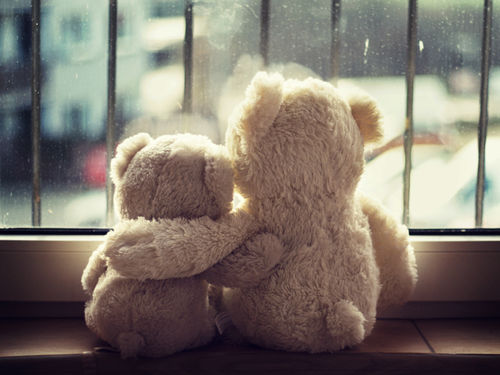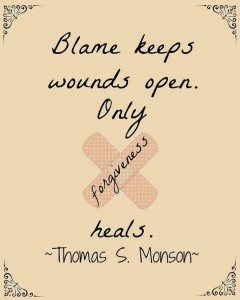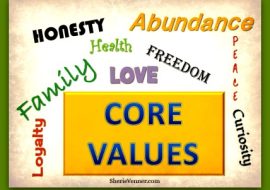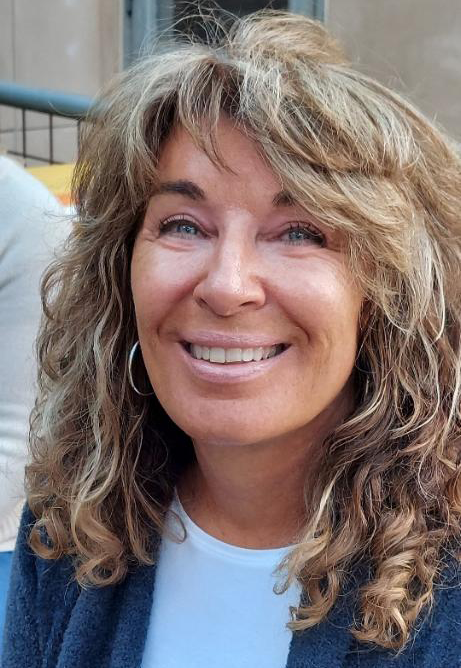
Limbo……not the dancing kind.
You want it! You know you want it. You’ve been preparing, visualizing, praying, expecting and putting lots of action behind it! Tony Robbins calls it “massive action”.
Yet – nothing happens.
We’ve all experienced it: limbo. Never-never land, where our plans or expectations don’t come together, while life marches on.
You could call waiting in line a form of limbo, being on hold on the phone or waiting for something or someone.
Sadly, this indeterminate state is part of life. For the most part it’s brief; we just have to muddle through it, be patient and it’ll pass.
But what if you are experiencing an extended limbo state, one that lasts for months or, God forbid, years?
What do you do? What can you do?
I’ve experienced this state of uncertainty more than once. Years ago I lived in a location I disliked very much. It didn’t resonate, I didn’t fit in. My kids didn’t fit in.
I was determined to change our situation, but the place was like a black hole. It didn’t let us out. I left no stone unturned, no possibility unexplored, but it felt like quicksand. The more we tried to claw our way out, the more we sank.
It was a painful situation! I was unhappy.
The kids had nothing to compare it to, just some vague sense that things weren’t right.
Initially I had a lot of hope and enthusiasm because I couldn’t believe that the door was closed. I took massive action, for years.
Some situations require our determination and action is important to change our circumstances.
What if it doesn’t work? Like in my case.
Sam put several years into his education to become a psychologist later in life. He spent many late nights studying, doing research, writing papers. Then interning for a year, while raising his kids.
Interning is like volunteering; most agencies won’t pay anything. His didn’t.
He and his wife agreed that she would support the family for the time being. So of course they were both excited and ready to finally see him graduate and begin this new life.
Graduation was a big celebration among his family and friends; the following Monday the résumés went out. One after the other without response. Some places were kind enough to thank him for his interest, but said they hired someone more suited for the position. He did not understand how that was determined since he never even had a chance to speak to anyone; the whole process was automated and every agency wanted him to apply online.
He sent out more résumés, he talked to people who might be in a position to recommend him. He called on the friends he made in school.
Several times he came close to a potential job: he was called in for some interviews, but didn’t get the position. His wife’s resentments built and they fought more often. He was shorter with the kids as he became increasingly frustrated. He felt useless, worthless and confused.
Had he made the right choice by going to school?
One night when the tension was unbearable, he sat down with his wife and they explored some other options he might have overlooked. They were one year into it and things were looking bleak. She suggested hanging out his shingle and offering counseling just to bring in some money.
This required marketing and he approached that with gusto, although technology and social media was not his strong suit.
Long story short: Two years later he was still in the same position and his marriage had reached a breaking point.
This is an extended limbo situation, wherein things seem to be deteriorating in life, while we wait for our plan to come together.
What was Sam’s option? He and his wife had carefully considered all angles, figured out how to support him through school so they could later enjoy a satisfying life together while raising their children. It was a good, well thought-out plan.
Being in prolonged limbo requires some tough soul searching. Our human nature urges us into a “doing” mode when things aren’t coming together.
If we try to force progress, we exhaust ourselves. We put extra strain on ourselves by trying to go against the flow.
Our mind may say “I don’t know what’s going on. We have to figure this out. Do something.”
Yet, we have to learn to live with uncertainty, especially during those times when nothing is coming together.
Uncertainty doesn’t stop you from living your life, because the mind is not the captain of our ship. We use our minds, but there is more at play than we can see.
At times planned projects fall away, as in the case of Sam. Many aspects of who we think we are have to fall away. Sometimes it seems that nothing comes to replace them.
Not for a while. Not yet.
We are living in limbo.
We have to trust that life brings us what we need to navigate through these stormy waters.
We could listen to our mind, but it doesn’t know what’s coming. It only wants illusory certainty. It grasps, searches, and clings.
Life seems to know when and where we need to go.













